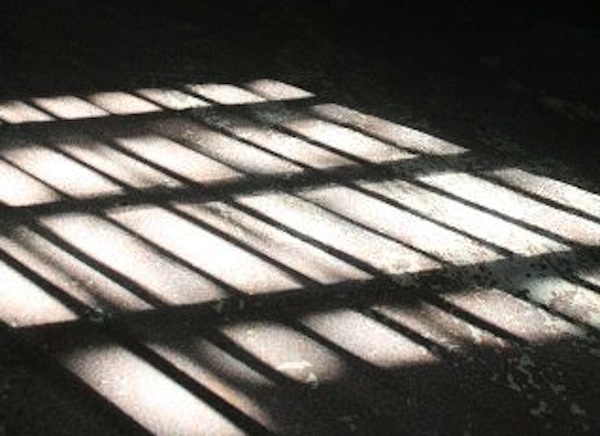Suspects awaiting trial for serious crimes could be held in prison for longer under measures revealed by the Government as part of the recovery from the coronavirus pandemic.
On Saturday, it was announced that under temporary legislation, the period that a suspect, who is charged with serious sexual and violent offences can be held before a trial, will now increase from 182 days to 238. The extended Custody Time Limit will last for nine months before reverting to the current limits and will not be applied retrospectively meaning that those in remand before the new legislation will not be impacted.
The Ministry of Justice stated that the new measure aims to protect victims and keep dangerous criminals, where there is a risk that the suspect may abscond or commit further offences if released on bail, of the streets. Furthermore, the move is intended to address delays in jury trials caused by the pandemic.
Robert Buckland, the Justice Secretary, also announced £80 million to fund a series of measures to boost capacity across criminal courts in an attempt to reduce the backlog. As part of the £80 million emergency recovery plan, the Ministry of Justice will now set up more temporary courts alongside employing 1,600 new staff to support recovery measures, maximising the existing physical estate, increasing video technology and aggregating court operating hours. Mr Buckland said the government’s wider package of measures will get the criminal courts system “back to where it needs to be”.
The Covid-19 pandemic caused almost half of all courts in the country to shut down and trials involving juries were suspended while some virtual hearings continued. According to official figures released by the Ministry of Justice in 2019, more than 37,000 Crown Court cases were outstanding before Covid-19 pandemic struck the UK. The Criminal Bar Association, which represents barristers who prosecute and defend across the country, reported the backlog is now 43,000.
However, lawyers warn that the emergency plan will not ease delays. The chairman of the Criminal Bar Association, James Mulholland QC, argues that the delays to justice are damaging to suspects, victims and witnesses. “You don’t resolve the delays by incorporating further delays into the system,” he said. Many lawyers fear that suspects may plead guilty when they are innocent because waiting for trial will mean spending longer in custody than their sentence would ever be.







